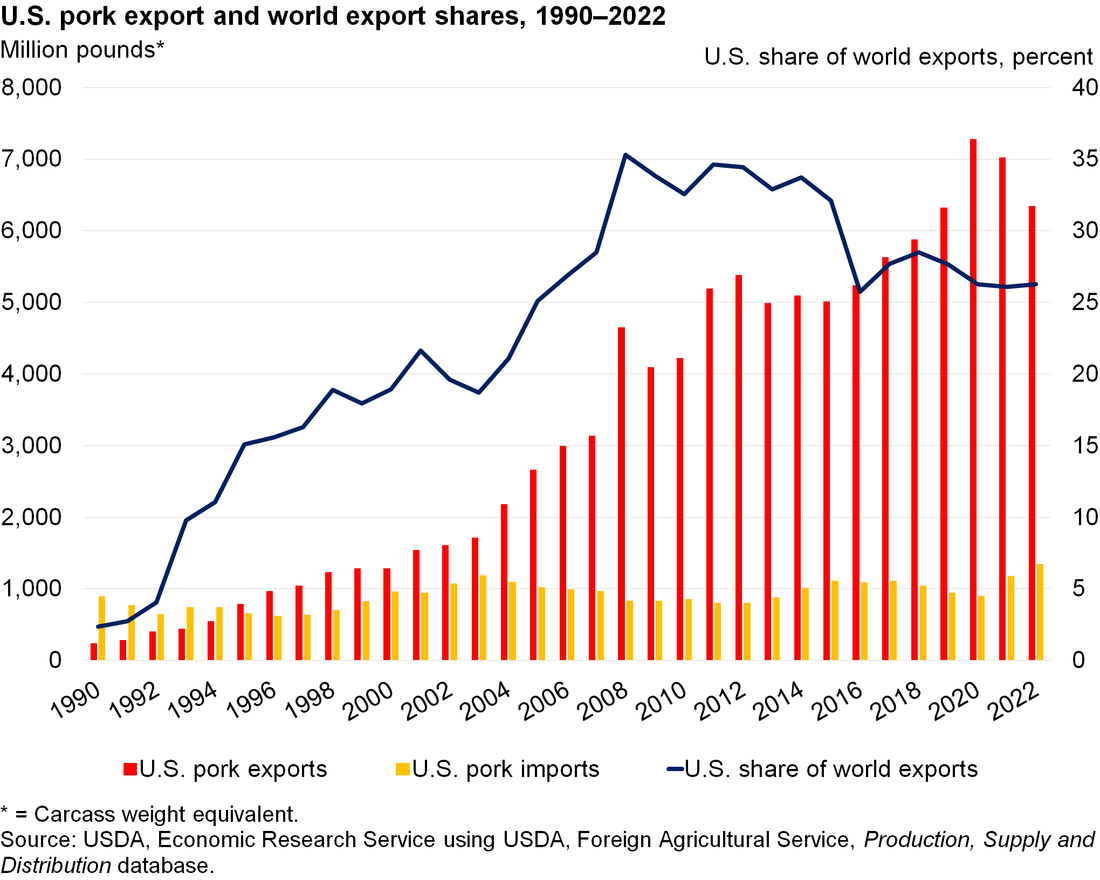
Lard, The American Olive Oil
Share
Our family hails from the Mediterranean, where olive oil did everything short of running through our veins. It did, of course, serve as a cooking oil and a garnish--but it was also my great grandfather's heart medication, a children's cold and flu remedy, and of course the basis for everyone's bar of soap. The unending uses for olive oil in the Mediterranean stemmed not only from it's efficacy, but it's ubiquity.
Everyone grew olives. Those who could not afford to own trees helped during the harvest for their share. To this day, laborers are not paid in cash, but in jugs of oil. This is to say, olive oil is not only clean and plentiful there, but cheap.
In the United States, olive oil soap is neither cheap nor straightforward. Most of the olive oil used for soap making is imported from Spain, Italy, or Greece. That means markup, shipping emissions, and little way to know what is actually in the bottle. More recently, climate change, labor issues, pests, and droughts are affecting yields and have pushed prices up 90 to 130 percent since late 2022. Further, the environmental cost of importing olive oil is not small. Olives are moved by tractor to processing facilities, packaged in heavy glass, and shipped across oceans before making it to American shelves.
By comparison, the United States is the second largest pork producer and consumer in the world. In 2024, domestic pork production met approximately 94.3 percent of U.S. pork consumption, making pork a highly localized industry.
Fun Fact; Lard accounts for 9% of live weight of a hog and between 9 to 17 percent of its live value.
Using lard as a base oil for soap is cost-effective because it is a local byproduct of a thriving industry. It avoids the unstable global supply lines of olive oil, making the source both more stable and more transparent.
Properly rendered tallow and lard are nearly odorless and make a rich, creamy soap. Choosing eco friendly lard soap supports domestic agriculture, keeps byproducts from being wasted, and produces a practical, unpretentious product that performs well. Olive oil had its place in my family’s past because it was cheap and local. In the United States, it is neither. The American hog produces something useful, affordable, and practical. For anyone looking for a sustainable, inexpensive alternative to olive oil soap, lard soap is the sensible choice for clean skin and a clear supply chain.
